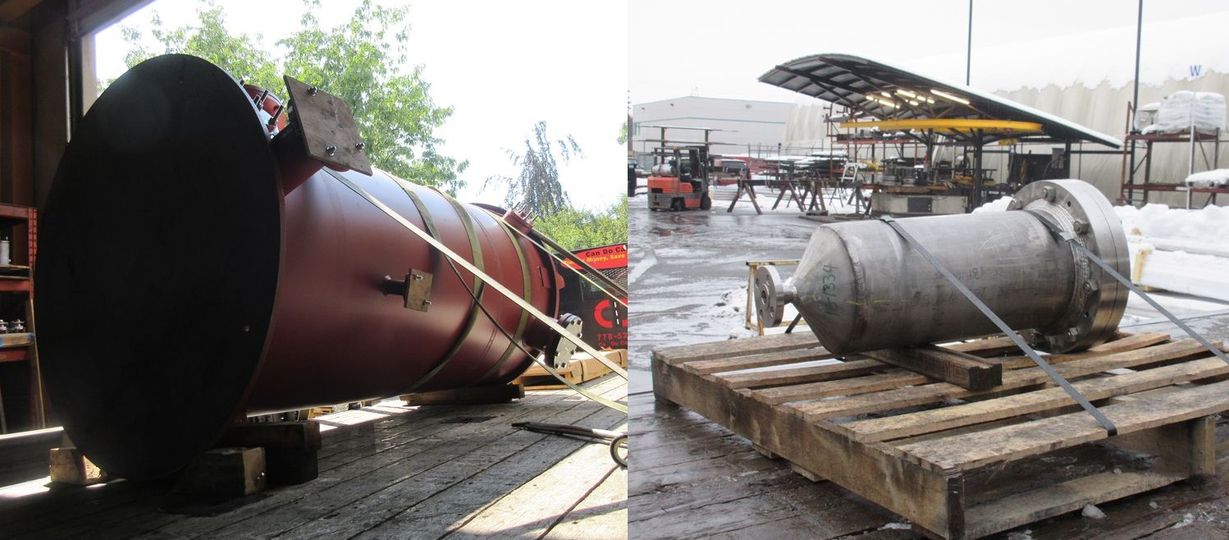Pressure vessels are sealed containers containing gases or liquids at relatively high pressures, which are different from the outside pressure. These containers are manufactured for various purposes: both for the industrial market and the private sector. Due to the danger involved in their manufacture and handling, these containers are regulated by various entities under strict security measures. In this article, we will learn about some advantages of pressure vessels.
Large Volumes and Cheap Storage
Pressure vessels can store large volumes of gases under moderate and high pressures; this allows safer and more efficient storage and also avoids contamination of the container’s contents.
One of the main advantages of these containers is their low operating cost since they require little maintenance and are resistant to corrosion. Oxygen is a large contributing factor to the aging process of many containers and storage methods, but pressure vessels are sealed and often contain only the specific material being stored (usually not oxygen). Also, they are designed to endure long-term high pressure, which allows a larger volume of matter to be stored safely. Because of their specialized nature, pressure vessels tend to make more durable storage methods that are cheaper than other methods in the long run.
They Adapt to Specific Conditions
Another advantage of this type of container is that they can maintain the specific conditions required by some liquids or gases that must be stored, handled, and transported under particular or restrictive conditions or following specific quality standards, which guarantees the integrity of the cargo.
Quality Standards
Pressure vessels are manufactured using a variety of methods, any of which must follow specific guidelines and quality standards established by specialized bodies in the field: the National Board of Inspectors of Boilers and Pressure Vessels, the Union European Pressure Equipment Directive, and the American Society of Mechanical Engineers (ASME) are all bodies that establish standards for the design, manufacture, and inspection of boilers and pressure vessels.
Different Forms and Presentations
Pressure vessels can have different shapes, the most common being cylinders, spheres, and cones. Generally, the configuration of a long cylinder with caps on its “heads” is the most widely used design on the market. The companies that manufacture this type of container have various models, whether standard or custom designs.
Design and Functionality
Even with the wide variety of designs that exist, one thing all pressure vessels have in common is that they offer greater functionality and efficiency since they have fewer internal parts or obstructions and provide more features for the isolation and integrity of the load, in addition to being quick and easy to install.
What do you think about this topic? Do you know another advantage of pressure vessels?
If you would like more information about our products and services, you can contact us or write your query below (comments section).
Image from frimufilms via Freepik.es under creative commons license.
